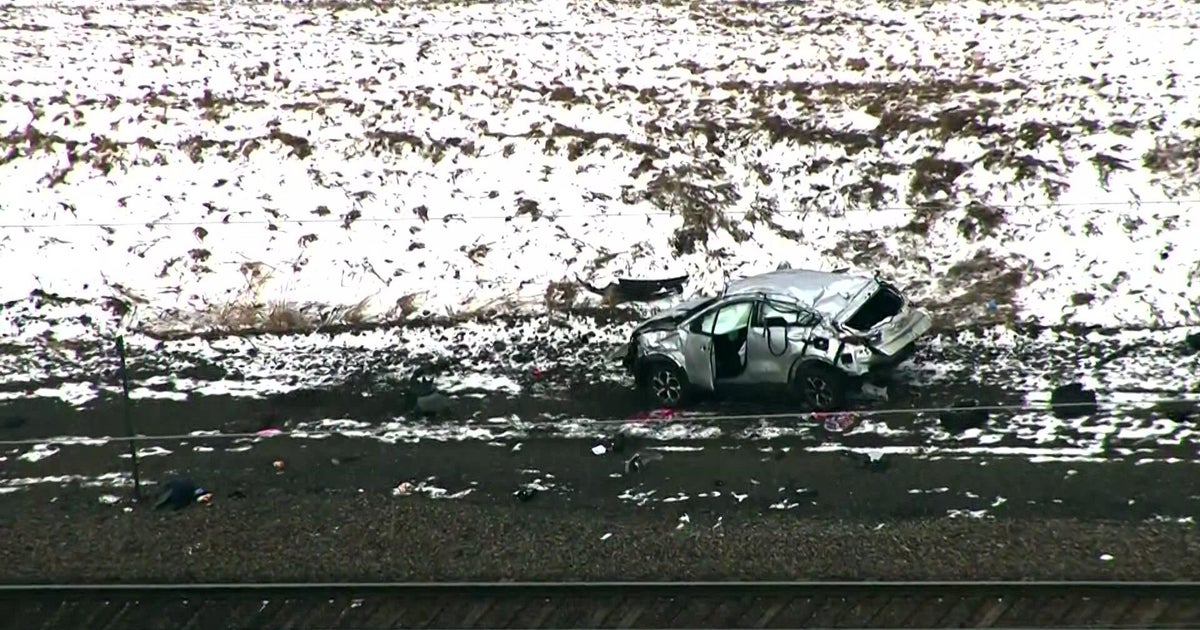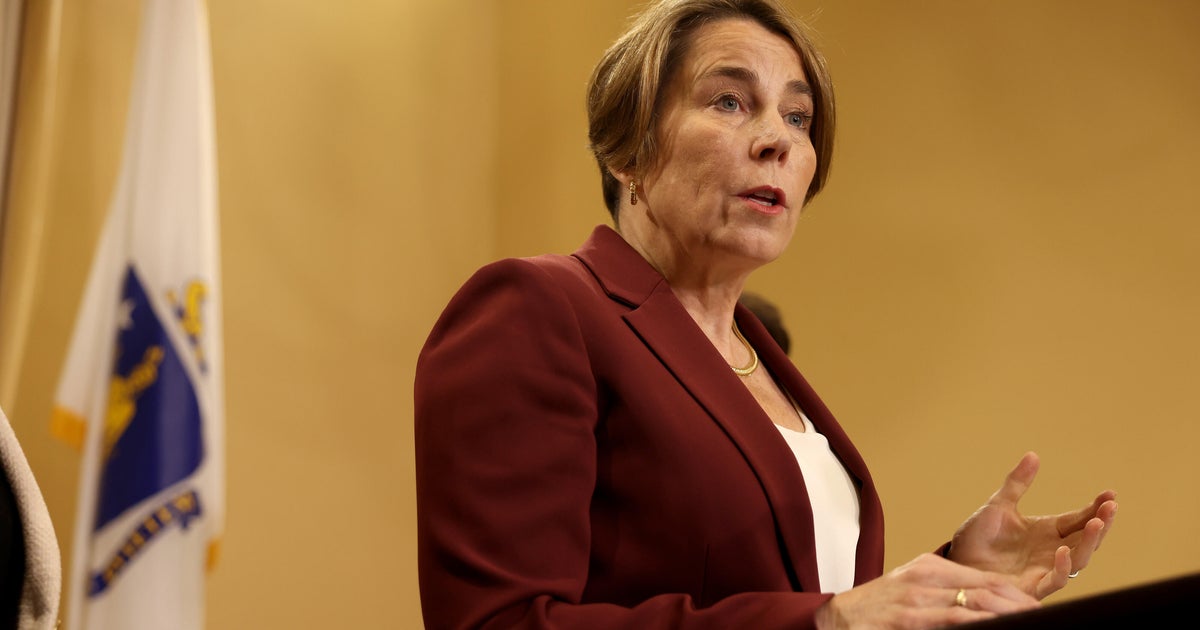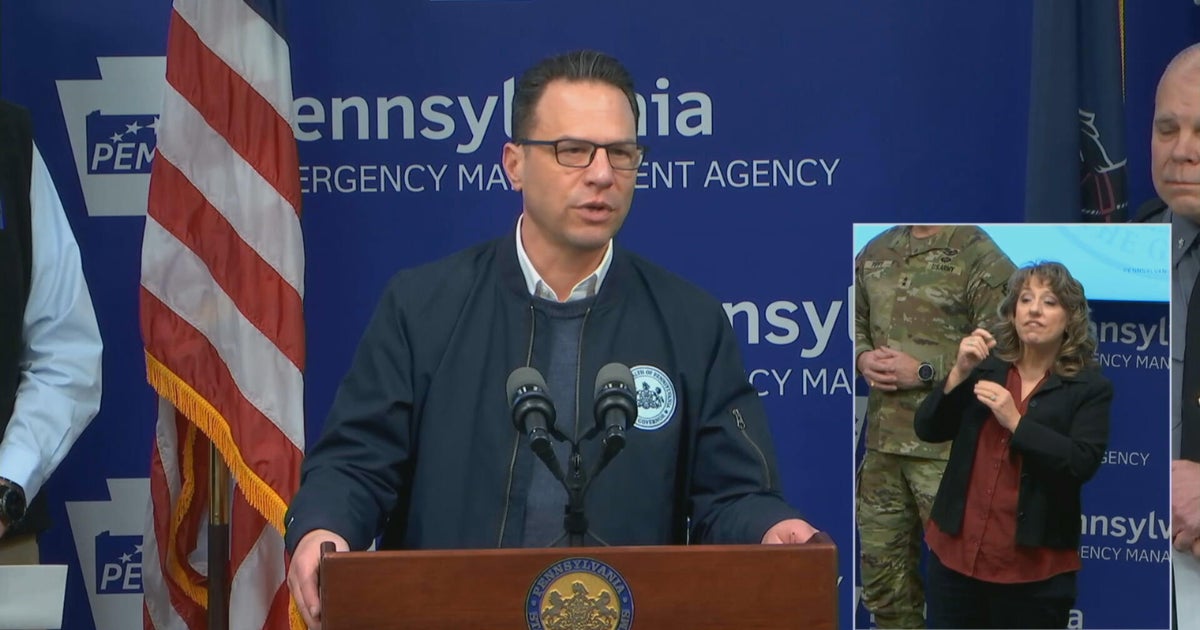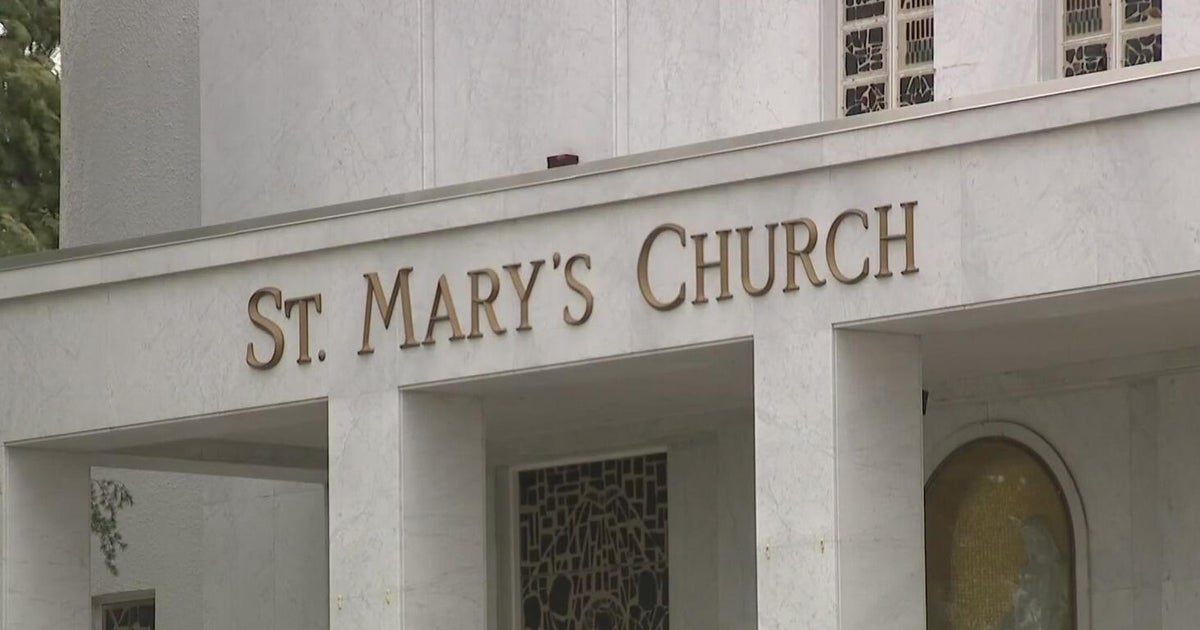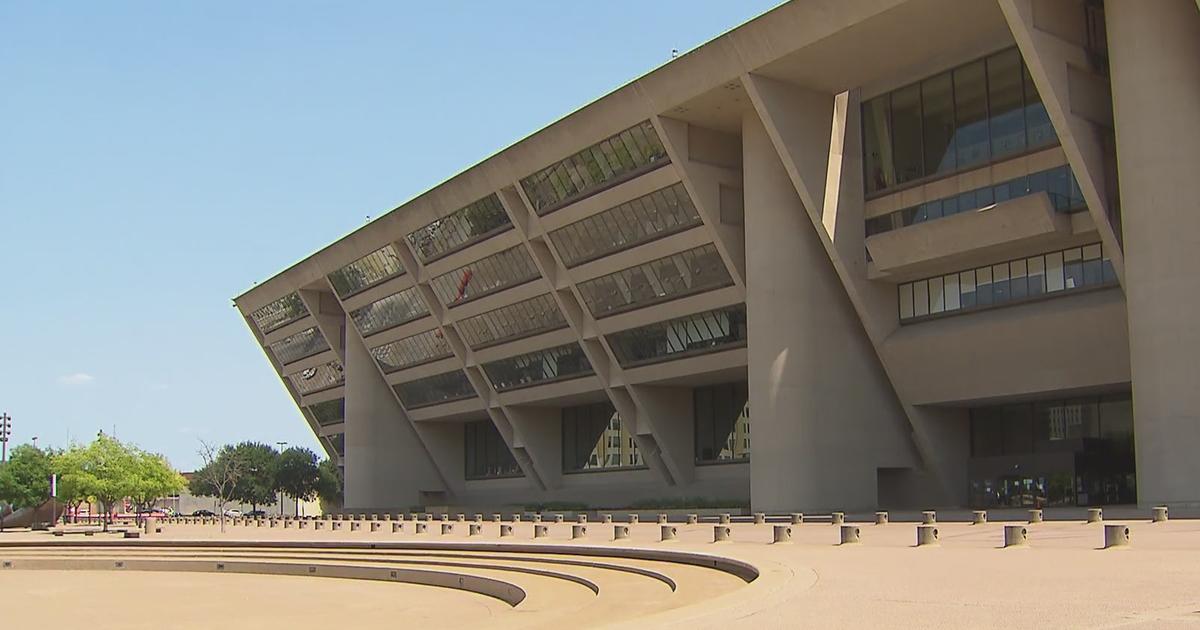Minnesota Officials Foresee Costs If Feds Default
ST. PAUL, Minn. (AP) -- Fresh off a government shutdown, Minnesota could face higher borrowing costs and potential cash flow problems if the federal government defaults on its debt.
The Minnesota Management and Budget finance agency said Thursday that a federal default could slow the economy and hurt markets, throwing plans to sell more than $1 billion in state bonds this fall into question and potentially causing a cash crunch.
Gov. Mark Dayton earlier this week directed the agency to assess the effect of a U.S. debt default on the state's finances. The political standoff in Washington over raising the nation's $14.3 trillion debt limit could lead to a default next week if Democrats and Republicans fail to agree on spending cuts and the size of the debt limit increase.
Minnesota is recovering from the nation's longest state government shutdown in a decade, a 20-day stoppage during which the state lost one of its top credit ratings. Finance officials said in a memo that they fear more such downgrades for Minnesota if a default lowers U.S. debt ratings. Lower ratings would raise the state's cost to borrow money and could hurt the fall bond sales.
The finance agency also said a cash flow problem could develop if federal funds don't arrive on schedule and a bad market delays the bond sales.
Pushing back the bond sales could hold up construction projects. Lawmakers last week approved a $500 million construction financing package for college and university campuses, flood relief and other projects. The state's budget fix for a $5 billion deficit includes a plan to sell $640 million worth of bonds backed by future payments from a legal settlement with tobacco companies.
Minnesota relies on federal funds for slightly more than a quarter of its total budget, and 15 percent of state employees are supported by federal spending. The bulk of the federal dollars go toward Medicaid health care, welfare and food aid, road work and education.
State officials also sketched out broader problems if the economy slows because the federal government can't pay its bills. Their memo said an economic downturn would hurt state tax collections and increase state costs by raising demand for services such as health care and welfare.
(© Copyright 2011 The Associated Press. All Rights Reserved. This material may not be published, broadcast, rewritten or redistributed.)
